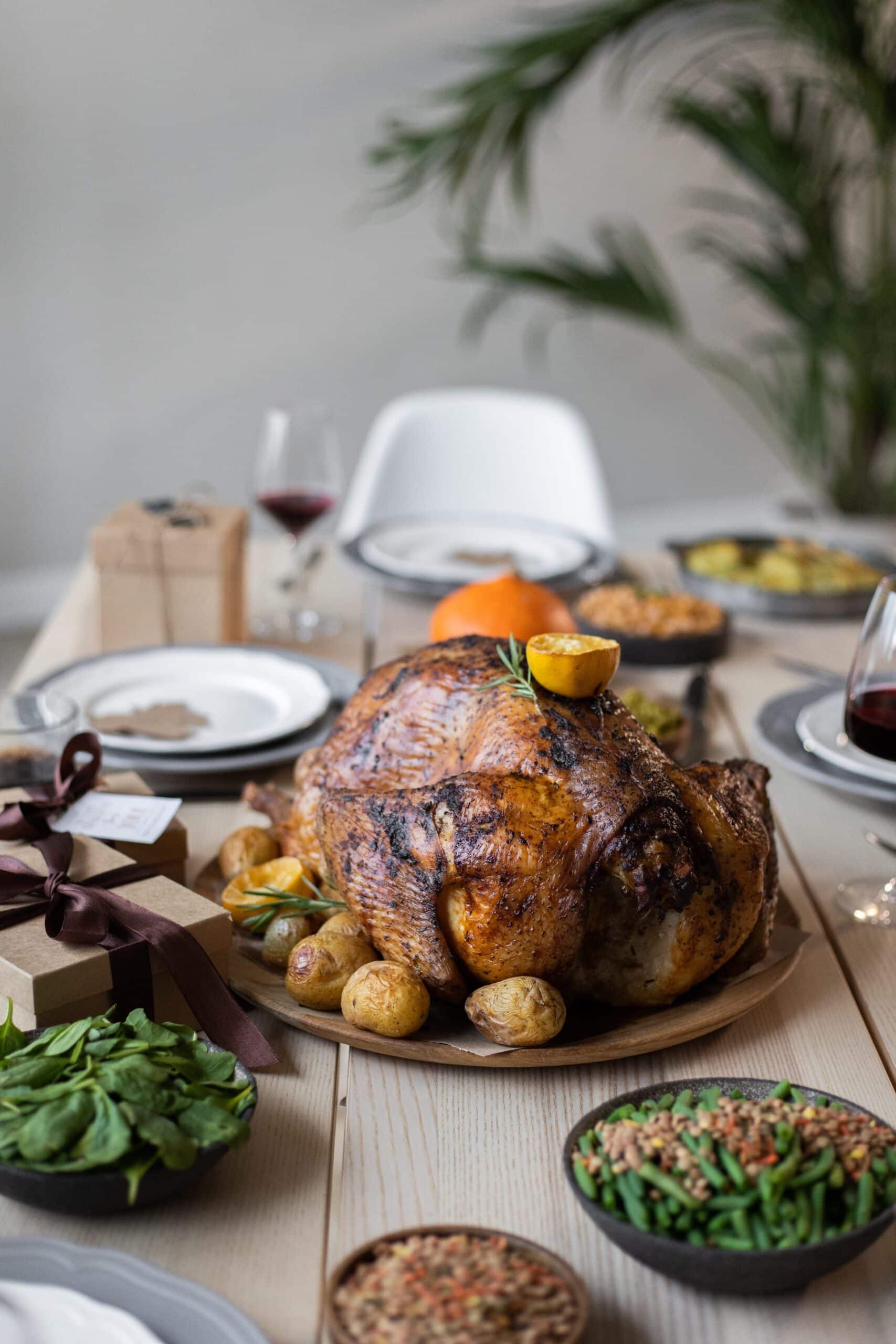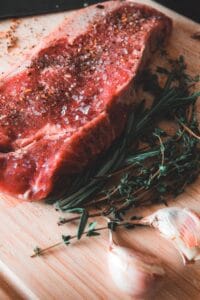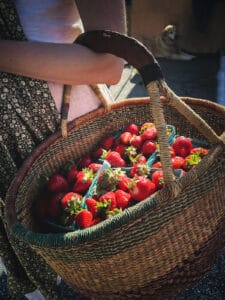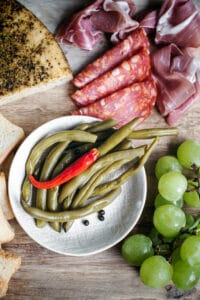4 Ways To Avoid Roasting A Dry Turkey This Holiday Season
With the holidays around the corner, turkey meat will soon appear on the dinner table. So how can you avoid the woes of serving dry turkey this holiday season?
Read on for the top 4 ways to make sure you have that perfect roast turkey on the table.
4 Ways To Avoid Roasting A Dry Turkey This Holiday Season

The reason why turkey is so susceptible to dryness is that it lacks fat; when fat and collagen melt, they make the meat soft and juicy. However, this low-fat meat doesn’t mean you can’t enjoy moist, delicious turkey!
This article will review a few reasons why your turkey is dry and how to fix it to help you avoid this common poultry problem.
Using Frozen Turkey
Because turkey is so low in moisture, you want to retain as much of it as possible. Unfortunately, the act of freezing the turkey causes it to lose a lot of its moisture content. Half of the battle is getting a quality bird to work with, so opt for a refrigerated turkey instead of a frozen one.
If you can’t avoid frozen turkey, you’ll still want to try to let it sit in the fridge for at least a day, ideally in a brine.
You want your meat to get as close to room temperature as possible before you start cooking. This reduces the amount of time it takes to cook the meat, lowering your risk of losing any more moisture.
Overcooked Turkey
One of the most common reasons why your turkey is dry is because you’re overcooking it, but fixing that is simple.
The turkey you buy should come with instructions on the temperature and cooking time, as it’s dependent on the size and weight of the bird. Generally, dark meat is safe to eat at an internal temperature of 145 degrees Fahrenheit, and white meat is safe to eat at 155 degrees Fahrenheit.
Additionally, letting your meat rest is one of the best things you can do for any cut of meat. Resting allows the meat to absorb the moisture instead of letting it spill out.
Turkey Is Too Big
If your turkey is too big, you’re going to have to cook it much longer, and that will zap all of the moisture right out of the bird.
While it may seem tempting to get a large bird to cook all at once and feed more people, you may be better off getting a few smaller birds.
However, if cooking a few turkeys at once isn’t an option, you can cut up the turkey into smaller, more manageable pieces.
Dark meat contains more connective tissues, and by the time that finishes cooking, you’ve overcooked the white meat. Carving the turkey before roasting, separating by jointing the turkey into dark and white meat, and individually cooking them in their own roasting pans will help reduce dryness.
Season Your Turkey
Lastly, seasoning your turkey the right way is one of the best ways to ensure that your turkey stays moist.
For example, the problem with bacon weaves is that the fat doesn’t get through the thick layer of skin, so you want to season underneath the skin as well. Putting your seasoning under the skin, along with some butter or other fatty oil, can help the seasoning seep into the meat while keeping it moist.
As mentioned previously, you may also want to brine your bird up to 24 hours before you start cooking. To do so, dissolve the salt and your seasonings in hot water and pour them on top of your turkey, allowing it to sit in a brine bag.
Some have had perfect results with the above brining, but I personally do not like to brine my turkey in liquid. Rather, I make my own dry brine and add plenty of seasoning and butter underneath the skin the night before roasting. I also like stuffing the bird with halved citrus to allow the moisture to keep the inside of the bird happy.
Following the roasting period, letting your meat rest is the best way to ensure that your turkey “reabsorbs” its juices before carving.
Tasty Recipes to Try:

Stacey is a Southern girl with a taste for travel, thriving on the discovery of the world through food. After spending many years traveling and living overseas, she’s now back home in her beloved deep south enjoying life with her three little ones and loving the adventure. She’s a food stylist and food photographer, as well as, the creative behind Little Figgy Food, where she loves to inspire others to try new flavors and foodie techniques.






